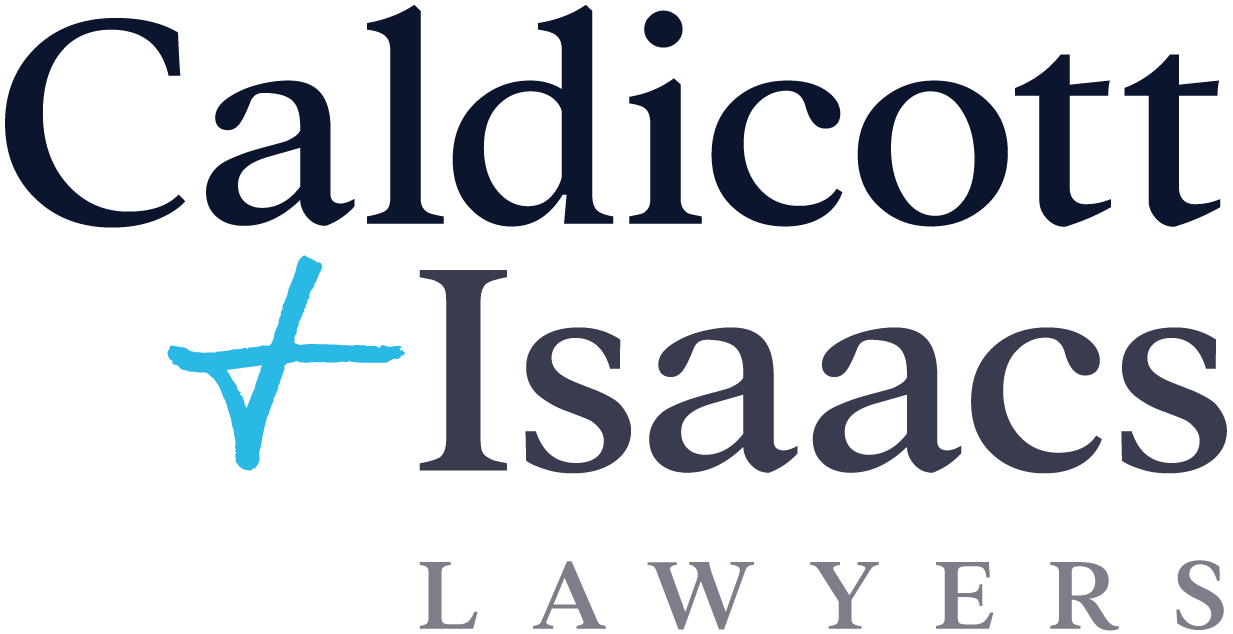If you intentionally falsify a document and/or use a false document to deceive another then you may be guilty of an offence [Criminal Law Consolidation Act 1935 (SA) s 140]. Common examples include doctoring bank statements or mortgage documents, falsifying medical prescriptions, and sometimes statutory declarations (this is also an offence under the Oaths Act 1936 (SA) and is therefore a person can be charged under that act instead).
The maximum penalties for dishonest dealings with documents are:
- for a basic offence: 10 years’ imprisonment
- for an aggravated offence: 15 years’ imprisonment
Whether the offence is aggravated depends on whether offence occurred under certain aggravating circumstances. These are listed in s 5AA in Criminal Law Consolidation Act 1935 (SA). They include (but are not limited to) factors such as whether to offence was committed:
- against a victim under the age of 12 or over the age of 60;
- against a victim who had a particular relationship to the offender (e.g., a child, spouse or domestic partner);
- in association with a criminal organisation;
- whilst the offender was in a position of authority or trust;
- against a victim who was in a position of vulnerability because of physical disability or cognitive impairment.
It may be a defence to the charge that you:
- were under duress;
- have a factual dispute;
- had a lack of intention;
- identification dispute; or
- suffer from a mental impairment.
- You dishonestly engaged in conduct with the intention of:
- deceiving another, or people generally, or to facilitate deception of another, or people generally, by someone else; OR
- to exploit the ignorance of another, or the ignorance of
- people generally, about the true state of affairs; OR
- to manipulate a machine or to facilitate manipulation of a machine by someone else;
- By engaging in the conduct you benefited yourself or another, or caused a detriment to another.
In relation to this offence, to ‘engage in conduct’ means to:
- create a document that is false;
- falsify a document;
- have possession of a document knowing it to be false;
- produce, publish or use a document knowing it to be false;
- destroy, conceal or suppress a document.
In relation to this offence, a document is false if the document gives a misleading impression about:
- the nature, validity or effect of the document;
- any fact (such as, for example, the identity, capacity or official position of an apparent signatory to the document) on which its validity or effect may be dependent;
- the existence or terms of a transaction to which the document appears to relate.

